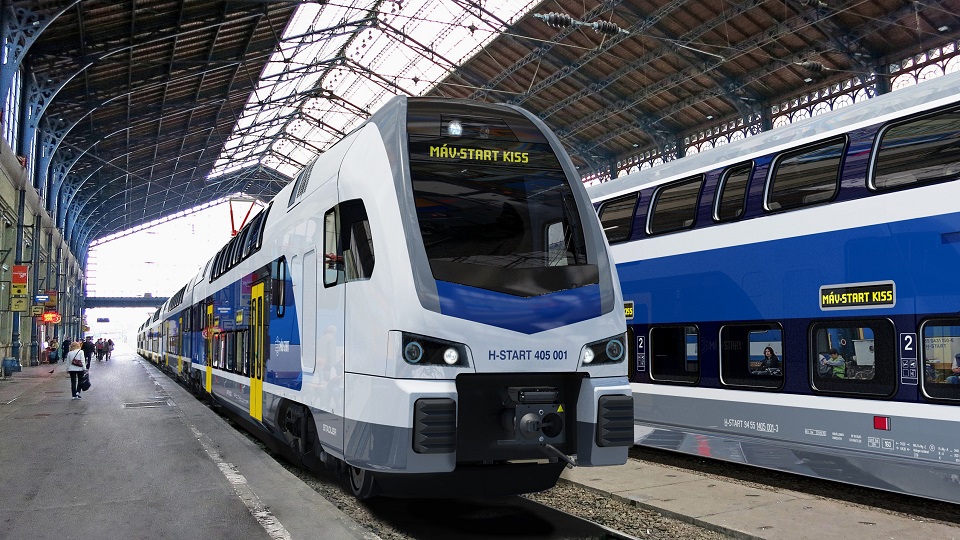Hungarian Railways focuses on hybrid trains

Hungarian national railway operator MÁV-Start intends to purchase 50 hybrid trains. They will be able to power from both overhead wires and built-in batteries. With the help of new vehicles, MÁV-Start will improve its regional services and will complete several electrification projects without disruptions for the passengers.
Want to read more?
You have read all of your free premium articles for this month. Please become a subscriber to keep reading.
Subscribe now!
Take advantage of our exclusive offer to get full access to all premium content.





How is zero-carbon electricity that charges the batteries and energizes the catenaries priduced?